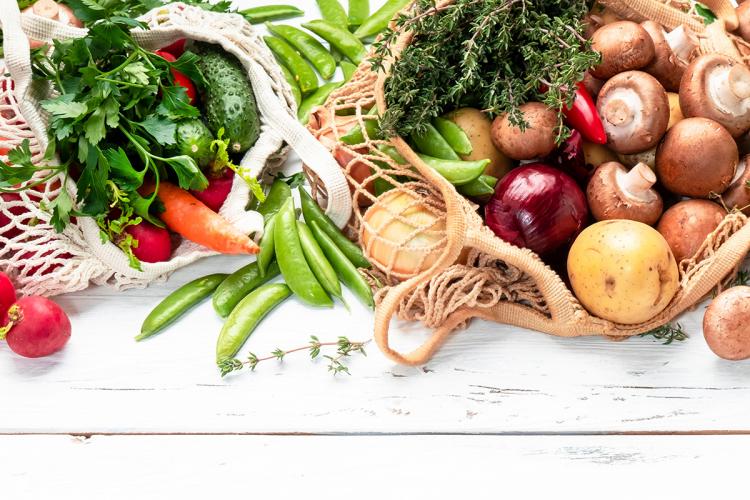Exploring local food traditions and eco-friendly practices from around the globe as part of sustainable gastronomy
Global flavors, sustainable futures mean unearthing culinary traditions and eco-friendly innovations from around the world.
Sustainable gastronomy is gaining momentum as an integral part of the global food industry. As concerns about the environment and food security grow, there has been a shift towards adopting eco-friendly practices and preserving local food traditions. This article explores diverse culinary experiences from around the globe, highlighting innovative farming techniques and sustainable practices that contribute to a more sustainable global food system.
Experiences from various cultures
Peruvian Andean agriculture brings ancient techniques for modern times
Peru is home to a rich culinary culture that is rooted in ancient Andean agricultural practices. One such technique is the use of terraced farming, which prevents soil erosion and maximizes water efficiency. Additionally, Peruvians cultivate a wide variety of native crops, such as quinoa, amaranth, and maca, that thrive in the region's diverse microclimates. This focus on biodiversity not only preserves local food traditions but also contributes to global food security.
Japanese washoku is a balanced approach to sustainability
Washoku, the traditional Japanese cuisine, is recognized by UNESCO as an Intangible Cultural Heritage. It embodies the principles of balance, harmony, and respect for nature. Seasonal and local ingredients are at the heart of Washoku, promoting a sustainable food system that supports small-scale farmers and reduces the environmental impact of transportation. Moreover, the Japanese concept of "mottainai" (reverence for resources) encourages minimal waste in food preparation and consumption.
Nordic new cuisine likes foraging and locavorism
The New Nordic Cuisine movement, led by renowned chefs like René Redzepi and Claus Meyer, has transformed the culinary scene in Northern Europe. This movement emphasizes the use of locally sourced, seasonal ingredients, with a strong focus on foraging and wild foods. By reconnecting with nature and embracing local food traditions, the New Nordic Cuisine promotes sustainability, biodiversity, and a smaller carbon footprint.
Indian organic farming means a return to nature
India, a country with a rich culinary history, has seen a resurgence of interest in organic farming practices. Many farmers have turned to traditional techniques, such as the use of natural pest repellents and crop rotation, to reduce dependence on chemical fertilizers and pesticides. The growing demand for organic produce has also led to the emergence of farm-to-table restaurants that showcase India's diverse culinary traditions while supporting local farmers and sustainable agriculture.
Kenyan vertical farming intends to address urban food security
In response to rapid urbanization and limited arable land, Kenyan entrepreneurs have embraced vertical farming as a sustainable solution. This innovative farming technique allows for the cultivation of crops in urban spaces, reducing the need for transportation and associated carbon emissions. Vertical farms also use significantly less water than traditional agriculture, contributing to the conservation of this precious resource.
Sustainable gastronomy is the way forward
The global food industry is at a critical juncture, with sustainability becoming increasingly important. By celebrating and preserving local food traditions, adopting innovative farming techniques, and promoting eco-friendly practices, we can contribute to a more sustainable global food system. The diverse culinary experiences showcased in this article demonstrate that sustainable gastronomy not only benefits the environment but also enriches our cultural heritage and promotes healthier, more resilient communities.

